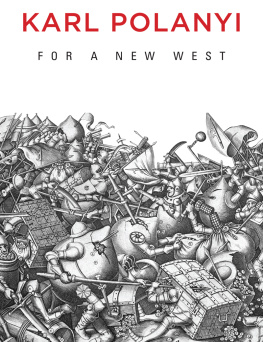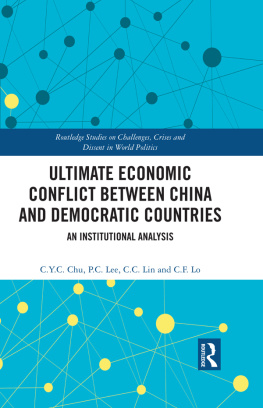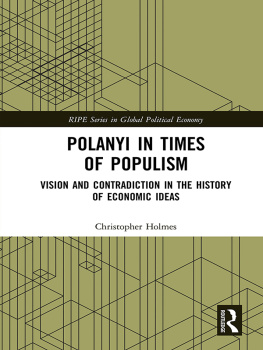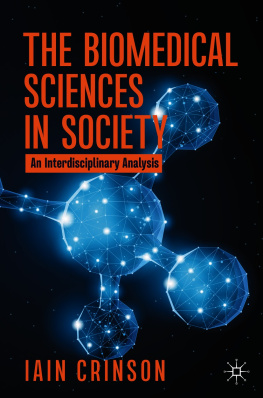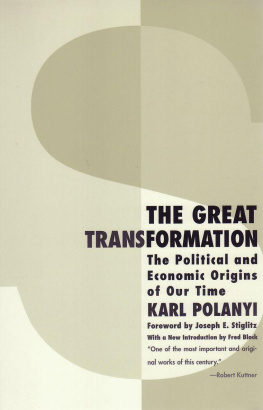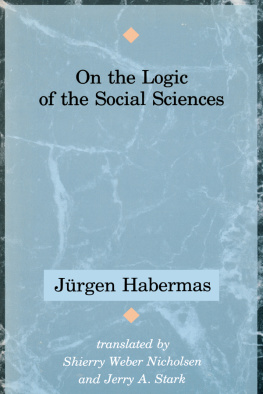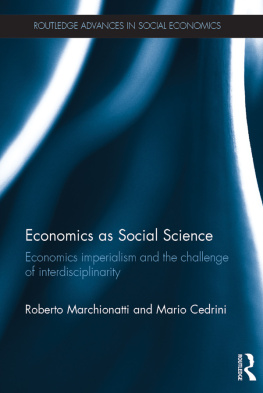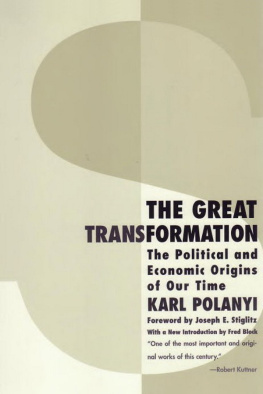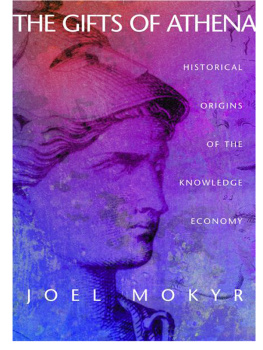
First published in Italian as Per un nuovo Occidente il Saggiatore S.p.A, Milan 2013
This English edition Polity Press, 2014
Polity Press
65 Bridge Street
Cambridge CB2 1UR, UK
Polity Press
350 Main Street
Malden, MA 02148, USA
All rights reserved. Except for the quotation of short passages for the purpose of criticism and review, no part of this publication may be reproduced, stored in a retrieval system, or transmitted, in any form or by any means, electronic, mechanical, photocopying, recording or otherwise, without the prior permission of the publisher.
ISBN-13: 978-0-7456-8443-7
ISBN-13: 978-0-7456-8444-4 (pb)
ISBN-13: 978-0-7456-8447-5 (epub)
ISBN-13: 978-0-7456-8446-8 (mobi)
A catalogue record for this book is available from the British Library.
The publisher has used its best endeavours to ensure that the URLs for external websites referred to in this book are correct and active at the time of going to press. However, the publisher has no responsibility for the websites and can make no guarantee that a site will remain live or that the content is or will remain appropriate.
Every effort has been made to trace all copyright holders, but if any have been inadvertently overlooked the publisher will be pleased to include any necessary credits in any subsequent reprint or edition.
For further information on Polity, visit our website: politybooks.com
Editors' Note and Acknowledgments
The texts collected in this volume are archived at the Karl Polanyi Institute of Political Economy at Concordia University (Montreal). Many of them are difficult to decipher, either because of the hand-written comments and corrections by the author, or as a result of the bad state of conservation of the paper. We strived to provide a transcription as faithful as possible to the text and to the intentions of the author, pointing out in the footnotes the most serious doubts about the interpretation of the documents. Typing mistakes and awkward sentences have been corrected to make the reading easier. The original emphasis has been rendered, as usual, through italics. The sources to the originals in the Polanyi Archive have been listed in each chapter and the dates of the documents have been given wherever possible.
The editors would like to express their deepest gratitude to Kari Polanyi Levitt, for her continuous encouragement and support and for giving permission to publish her father's works, and to Marguerite Mendell and Ana Gomez, for their kind assistance in accessing the Polanyi Archive and for their guidance in deciphering the manuscripts. Our heartfelt thanks go to Michele Cangiani and David Lametti, for their thoughtful comments and suggestions, and to Manuela Tecusan at Polity, for her invaluable advice and support in completing the English edition of the book. The usual disclaimer applies.
Preface
Kari Polanyi Levitt
Recent years have witnessed a remarkable resurgence of interest in the work of Karl Polanyi and The Great Transformation has been translated into more than fifteen languages, including Chinese, Korean, and Arabic. Special issues of reviews and journals have been devoted to the intellectual legacy of Polanyi, and his analysis of the development of capitalism is increasingly referred to in influential political forums most recently the one at Davos in 2012, where it is reported that the ghost of Karl Polanyi was haunting the deliberations of the assembled global elite. The unfolding world economic crisis has once again posed the fundamental question of the place of economy in society the central theme of my father's entire oeuvre. To understand the profound challenge faced by our democracies in the most serious crisis since the 1930s, we need to revisit history. To this end, Giorgio Resta and Mariavittoria Catanzariti have provided us with an Italian translation of as yet unpublished lectures and manuscripts of Karl Polanyi from the early 1920s to his death in 1964. This fascinating collection of essays revisits the collapse of the liberal economic order and the demise of democracies in the interwar years. Both the present danger to democracy, which results from the unleashing of capital from regulatory control, and the prevailing neoliberal ideologies of market fundamentalism suggest a careful rereading of this volume.
To gain a better understanding of this collection of essays, let me share a brief account of the life and social philosophy of Karl Polanyi and my reflections on the contemporary relevance of The Great Transformation.
My father was a passionate man. He strongly believed that intellectuals have a social responsibility. In early articles and speeches in Hungary, he assumed, for himself and his generation (Our Generation, as he called it), the moral responsibility of the disaster of 1914 and the ravages of the Great War. For him, freedom was inseparable from responsibility. I believe his critique of market society was grounded in an aversion to the commercialization of daily life and, more generally, to the impersonalization of social relations. In his view, any form of socialism would have to ensure the responsibility of people for their communities, their societies, and their democracies. For these reasons he distrusted the idea of a centrally planned economy, with its inherent concentration of political power. In 1920s Vienna he engaged the principal advocate of economic liberalism, Ludwig Von Mises, in a debate on the feasibility of a socialist economy carried in the pages of the most important social science journal of the German-speaking world. Polanyi outlined a functionalist associational model of a socialist economy, where the interests of individuals as workers, consumers, and citizens could be reconciled through organized negotiation between constituent representatives. There are evident similarities with the guild socialism of G. D. H. Cole and the Austro-Marxism of Otto Bauer.
At that time he was earning what he called an honest living as a journalist. I cannot get too much into family anecdotes but his mother, my grandmother, had definite ideas as to the profession of each of her children. My father was to be a lawyer, my uncle Michael was to be a doctor, and the oldest brother, Adolph, was to follow in the footsteps of his father, as an engineer and entrepreneur. However, Adolph would have none of it and at a very early age traveled about as far as anybody could at that time all the way to Japan. He later moved to Italy, where eventually he fell afoul of Mussolini and emigrated to Sao Paulo, where he lived for many years and died. To resume, my father, who articled in the chambers of his prosperous uncle, decided to become what another family member described as a drop-out from the bourgeois world he was meant to inhabit. I think he was a superb journalist and political analyst. I have read all of the articles he wrote for Der Oesterreichische Volkswirt, the leading financial and economic weekly of German-speaking Europe at the time, which was modeled on the London-based Economist. He was senior editor of international affairs. With the accession of Hitler to office in 1933, the shadow of fascism crept over Austria. The owner and publisher of the journal regretfully decided he could no longer keep a prominent socialist like Polanyi on his editorial board. My father was advised to find a job in England. Within a few years, he found employment as a lecturer for the Workers' Educational Association, an adult education extension of the Oxford and London universities. The subjects he was required to treat were contemporary international relations, with which he was of course familiar, and English social and economic history, which was entirely new to him. The lectures he prepared for evening classes held in the public libraries of provincial towns in Kent and Sussex became the skeleton of
Next page
